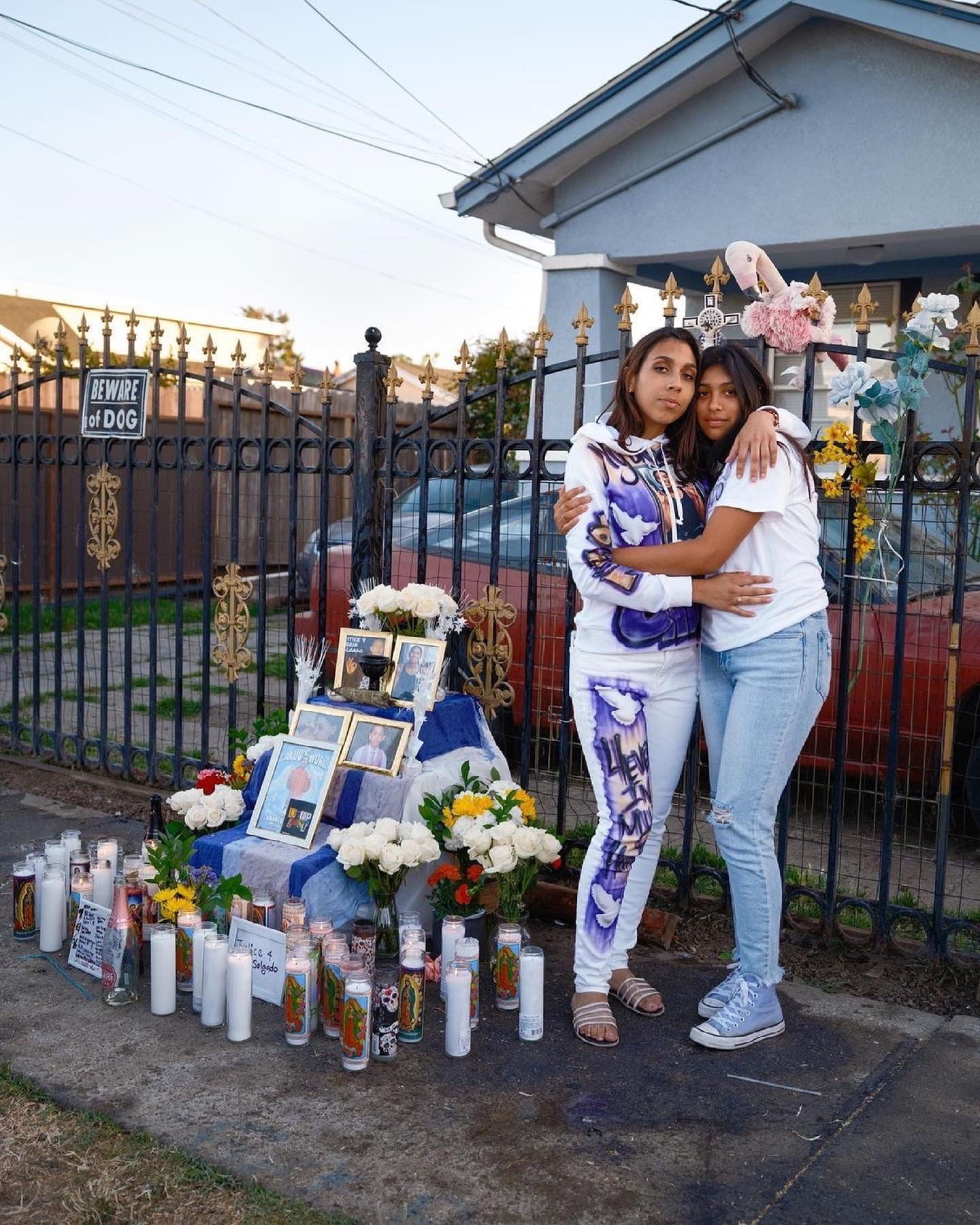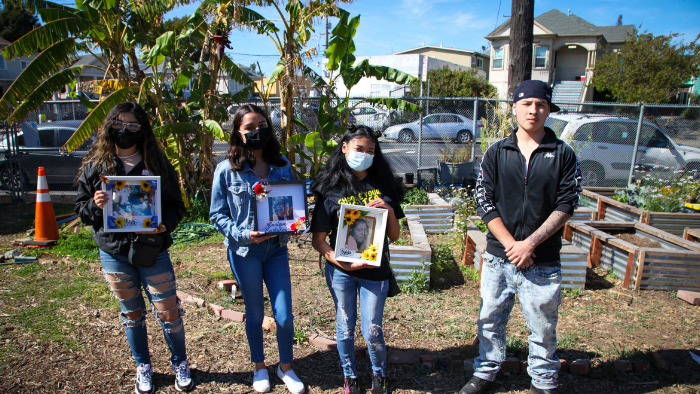What is Giving Compass?
We connect donors to learning resources and ways to support community-led solutions. Learn more about us.
There is no greater site of cultural genocide and systemic racism in America than the criminal justice system.
What began as a de facto ploy to ensure that African Americans remained enslaved after the passage of the 13th Amendment quickly transformed into a machine that cannibalized entire cultures, relying on the forced assimilation and servitude of Indigenous and other criminalized populations to feed the demands of capitalist production. This is the system of mass incarceration we know today — one that depends on a vicious cycle of poverty, criminalization, and political disenfranchisement to uphold the status quo of white supremacy and American exceptionalism.
Latinx and Black youth are more likely than white youth to be arrested for a felony. Half of all youth in the juvenile system are dealing with mental illness while 93% of them have been victims of trauma themselves. Black and Brown youth are systematically singled out and stripped of their civil liberties; denied a sense of place, home, and community; harassed by police — all in the name of creating so-called “safety."
This disenfranchisement not only reproduces cycles of physical and emotional violence — it also ensures that incarceration, poverty, over-policing, and political underrepresentation continue to degrade Black and Brown communities. Even systems theoretically designed to “help” are part of the problem. The more touches a young person has with the system, the worse their life outcomes become.
SB823 and the closure of the California Department of Juvenile Justice is a marker of shifting public opinion —people recognize that incarceration is harmful, that incarceration does not serve youth, and that the time for an alternative is now. But the opportunity to harness this shift in public opinion will be lost if we’re not intentional about what we’re creating to replace punitive systems of state punishment. We have to know that a world without incarceration will meet our needs and actually keep us safe. And that means we have to be willing to do the work and take the risks needed to create that world.

Communities United for Restorative Youth Justice (CURYJ, pronounced “courage”) is one organization doing the crucial work of imagining a world beyond incarceration. The East Oakland-based organization has been working to build ecosystems of care around systems-impacted and formerly incarcerated youth since 2011. Central to its theory of transformation and liberation is the belief that “La Cultura Cura”— culture is healing. CURYJ builds power among systems-impacted youth through cultural practice and political re-education, giving them the opportunity to reimagine their cultures and communities as sites of power so that they can be the ones to design alternative systems of care.
One former CURYJ program participant who began working with the organization in 2019 was left inside the juvenile hall without programming after completing nearly two years of incarceration. Though eligible for diversion, she was kept locked up because her family was houseless and the county could not find a suitable placement for her.
CURYJ worked to find housing for her and her younger sisters while continuing to support her during her release. Today, she’s a full-time employee at CURYJ, completing a Soros Justice Fellowship, and serving as the first formerly-incarcerated member of the Alameda County Juvenile Justice Commission.
Though her story is exceptional, she herself is not an exception — her success is what happens when real investments are made in systems-impacted youth.
Each year, CURYJ works directly with more than 50 young people in their leadership development programs and hundreds more through their community healing, life coaching, and participatory defense programs. To broaden the impact of their brand of healing justice, CURYJ envisions a network of Youth Power Zones — hyper-local community-led solutions for systems-impacted young people that combine affordable green housing, workforce development, universal base income programs, post-secondary readiness training, and culturally-rooted healing — connected across the state.

In August 2021, construction began on CURYJ’s pilot for this model, The Oscar Grant Youth Power Zone at Fruitvale Station (OGYPZ). The 7,000 sq. ft. commercial condominium space will be housed on the ground floor of Casa Sueños, one of the largest affordable housing projects created in Oakland in decades. The OGYPZ will provide direct services and foster movement-building for organizations across the state that are working to end every iteration of youth incarceration.
Get Involved
- Learn how policy work can lead to systemic change.
- Support organizations like CURYJ.